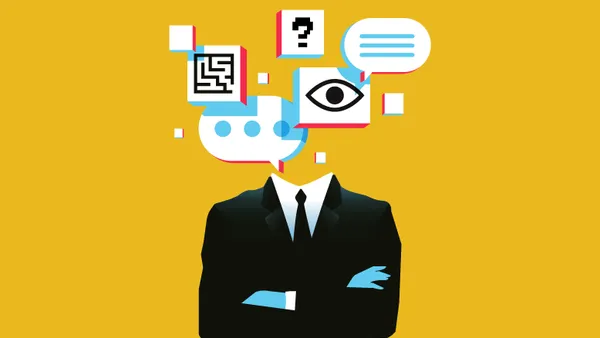The workplace has become more digitized, virtual, and mobile. For those who thrive in innovative and agile workplaces, this has been a welcome change from days gone by. Automation and machine learning speed up processes to help make people more effective while at work.
The impact of a more digitized workplace
In the last 12 months, ask yourself, “How has technology impacted my work experience?” Has it made you better, more efficient or smarter? In some cases, maybe. But in many cases, it may add confusion to a world that is moving millions of miles an hour with about as many apps.
A new report from Manpower Group, called The Skills Generation, highlights the challenges and responsibilities that this generation has to prepare the next one for an increasingly digitized workplace. From artificial intelligence to robots, how we conduct work in the future relies on the ability of humans to adapt and evolve as quickly as technology does.
The Manpower Group report surveyed 18,000 employers over 43 countries, asking how they expected technology to impact their businesses in the next couple of years and how they are making sure that their workforce is prepared with the right skills and adaptability. The survey revealed:
- 3 out of 4 businesses expect that automation will require new skills from employees, therefore 60% are investing in internal training to keep skills fresh.
- 65% of the jobs Generation Z will perform do not yet exist in the workplace, and many of the core skills we place value on today will be replaced by 2020.
- Around 45% of present day’s tasks could be automated in the next two years, with roles in sales, business operations and administration primarily under threat.
- If current trends continue, women may lose their jobs at five times the rate of men, which highlights the need for upskilling and retraining the workforce.
Not only do companies need to be looking for ways to ensure that the skill sets of employees remain up-to-date through active learning efforts, but they also need to carefully balance technical skills with soft skills that are more easily adaptable.
How leadership will be changing in the future
In addition to the way standard employees will work, leaders must be able to adapt their methods too. According to Chris Canclalosi, contributor for Forbes, “The pace of the evolution of work means that leaders will be increasingly challenged to provide clarity and direction in a continuously changing and complex environment.”
Essentially: coaching will matter.
Leaders will need to actively participate in the day-to-day operational success of their organizations by demonstrating leadership through action. Technology can and will help leaders to be more effective in their roles by automating certain processes so that they can engage with employees more often. So too, technology will require humans to manage it and interact with it, so leaders will need to be there to ensure people do not fear this change as it occurs.
The scarcity of talent in the AI market will continue to provide challenges for companies. It makes sense to focus on internal training measures to bring current employees up to speed, rather than spin wheels trying to track down every new college grad from a computer science background.
HR pros are in an ideal position to help organizations navigate the trends to come. By taking a stance of being advisors and experts in this arena, human resource pros can ensure that employees and leaders keep the channels of communication and understanding open during the transition to more digital work practices.











